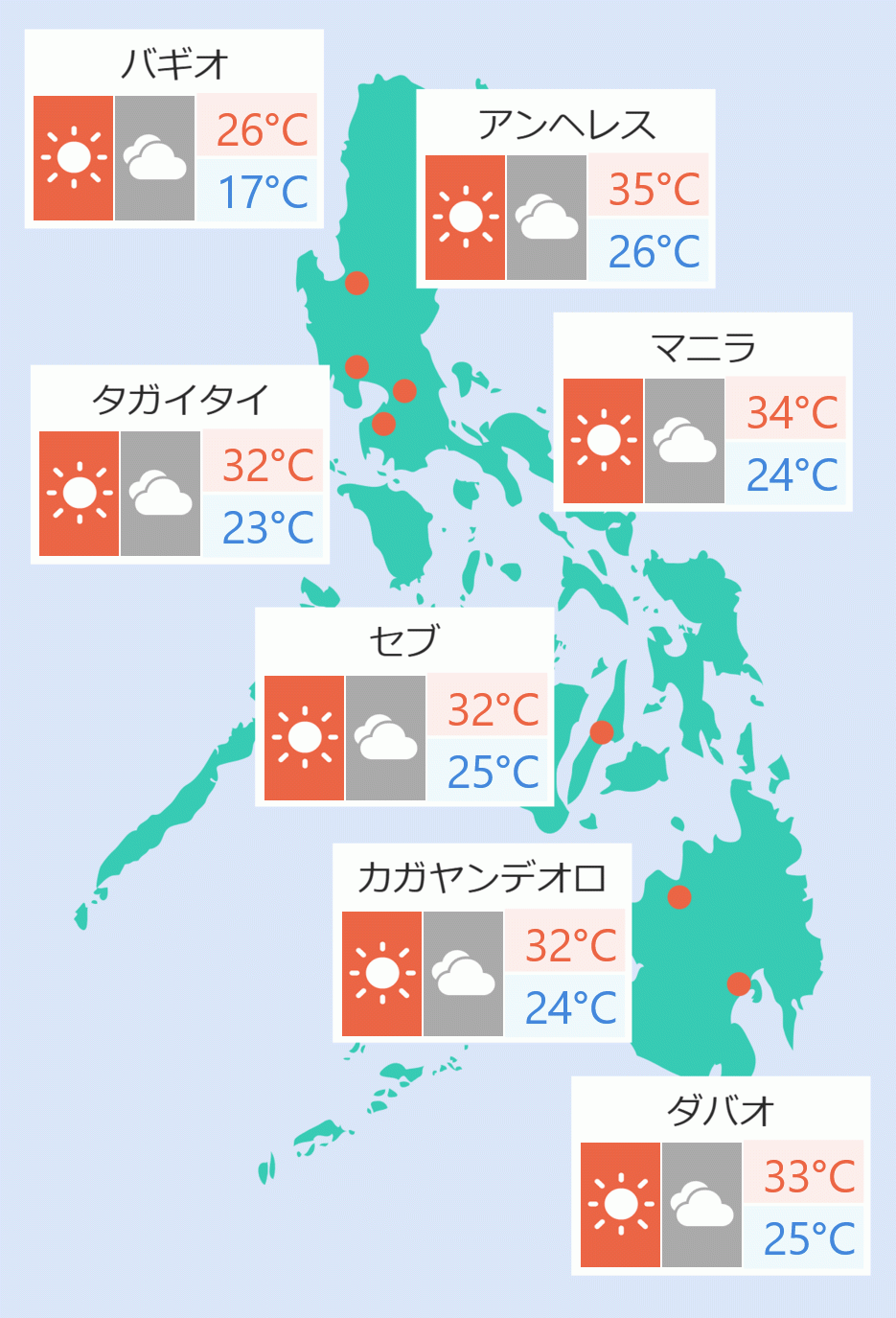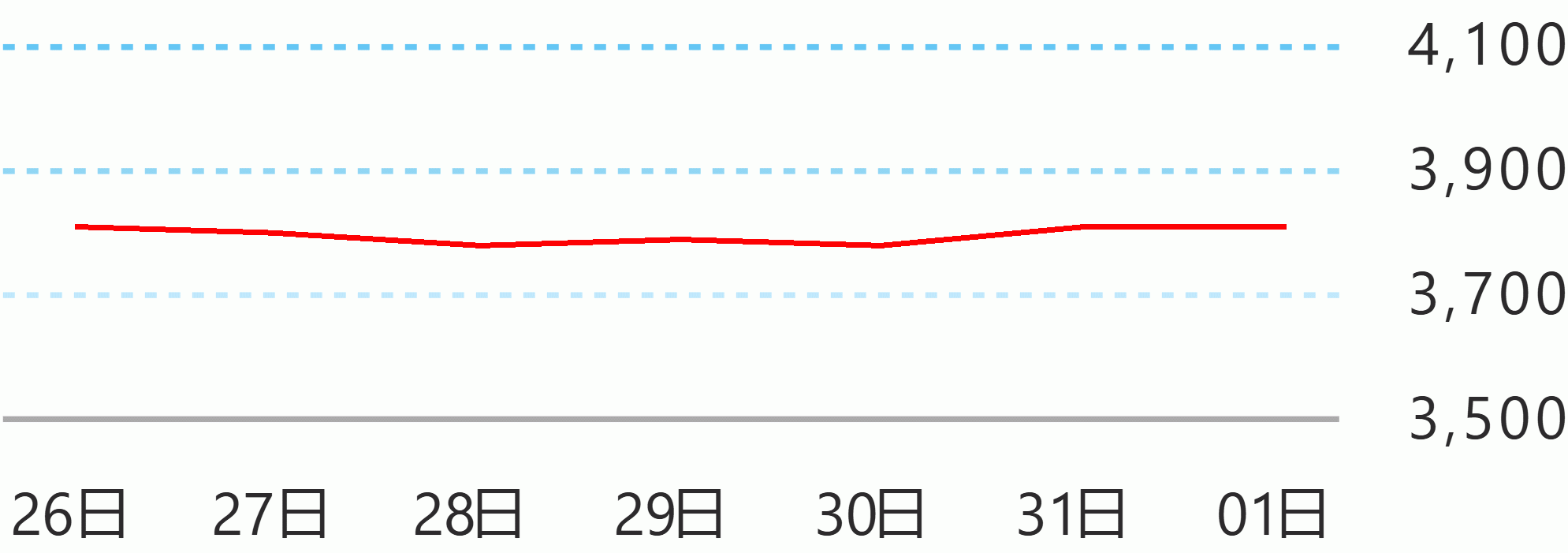A West Philippine Sea task force official foresees that the transparency strategy of the country will shift its focus to food security, the welfare of Filipino fishermen, and the protection of the marine environment to gain more support from Southeast Asian nations.
In a forum in Manila on Thursday, Philippine Coast Guard (PCG) Commodore Jay Tarriela, spokesperson of the National Task Force of the West Philippine Sea, said the current transparency efforts of the government which focuses on the military’s rotation and resupply mission “has not had a significant impact on the Southeast Asian region's condemnation of China's illegal and aggressive actions”.
“We have come to realize that such exposure is primarily linked to military operations and in asserting our sovereign rights in the West Philippine Sea. Therefore, it is difficult for these countries in the region to openly support us, as doing so would inadvertently undermine their claims in the West Philippine Sea while potentially provoking China,” Tarriela told the Foreign Correspondents Association of the Philippines (FOCAP) Prospects Forum at the Manila Hotel.
“Hence, I predict that our transparency efforts will shift towards highlighting issues such as food security, the welfare of Filipino fishermen, and the protection of the marine environment. These are issues that not only impact the Philippines but also have significant implications for
countries throughout the region,” he added.
Tarriela said that if the transparency strategy is centered more on China’s harassment of Filipino fishermen, the neighboring Southeast Asian nations would fear that their fishermen would be treated in the same way.
“This is a different approach that also concerns countries Indonesia, Malaysia, and Vietnam, that if they would know that the Filipino fishermen are being bullied being harassed… they are not allowed to have access (to) their own exclusive economic zone for fishing, this would also make them be alarmed, that this can also be a possibility that could happen to their countries,” he said.
With increasing support from the international community, Tarriela expects the country’s allies to not only issue joint statements but also impose collective sanctions.
He said the growing support was “driven by the rising interest of international journalists in exposing China's unlawful behavior.”
“This year, as we amplify our truthful storytelling to reveal China's illegal actions and bullying tactics, I foresee more countries worldwide condemning and criticizing China's behavior; and this may lead to concrete collective sanctions rather than just joint statements of condemnation,” he added.
Tarriela also believes that despite the country using the transparency strategy to expose China, it will continue doing unlawful actions in the West Philippine Sea but through a different approach.
As a way to counter the transparency efforts of the Philippines, Tarriela said China would use propaganda to “cast doubt” over the country’s narrative through social media trolls and pro-China influencers seeking to confuse Filipinos and the international audience.
“Their narrative will revolve around the claim that the United States dictates Philippine government actions to further its own interests in the face of great power competition with
China,” he said.
Tarriela said the West Philippine Sea issue can also help unite Filipinos against another country trying to encroach on its territory.
“This issue has the power to unite us all, transcending partisan politics. As a nation, we must stand together to support our President in ensuring that not a single inch of our territory is surrendered to any foreign power,” Tarriela said. Jaspearl Tan/DMS





 English
English










